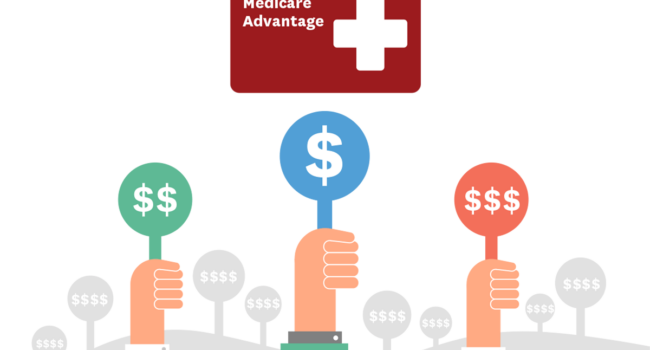
White Paper
Featured Topics
Lead story
Other featured articles
-
The Evolving Role of Hospitals and Health Systems in Community Health and Emergency Preparedness
Often under financial pressure while being asked to do more, hospitals and health systems need new approaches to ensure high-value care.
Posted in -
Medicare Advantage Enrolls Lower-Spending People, Leading to Large Overpayments
Favorable selection led to Medicare Advantage overpayments on the order of 14.4% in 2020.
Posted in -
Benefits of Medicare Coverage for Weight Loss Drugs
The cumulative social benefits from Medicare coverage for new obesity treatments over the next 10 years would reach almost $1 trillion, or roughly $100 billion per year.
Posted in -
Mitigating the Inflation Reduction Act’s Adverse Impacts on the Prescription Drug Market
This paper provides three recommendations to steer the potential effects of the IRA toward its goal of improving patient access while encouraging innovation.
Posted in
ADDITIONAL WHITE PAPERS
-
Cancer-Related Technologies Have Changed a Lot. So Should Cancer Screening.
Current cancer-screening and reimbursement paradigms should be revised to recognize the value of new technologies available.
Categorized in -
Price Changes Varied Widely Across California Hospital Systems from 2012 through 2018
Researchers compared prices changes within system and nonsystem hospitals in California.
Categorized in -
Federal Regulations of Cannabis for Public Health in the United States
State-level cannabis regulations have weak public health parameters compared to other countries, leaving consumers vulnerable.
Categorized in -
Eliminating Small Marketplace Premiums Could Meaningfully Increase Insurance Coverage
Matthew Fiedler estimate that 404,000 Marketplace enrollees in the states served by HealthCare.gov currently owe a small positive premium (defined as a positive premium of less than 0.5% of the gross premium of the enrollee’s plan, which translates to around $3 per month on average).
Categorized in -
The FDA Could Do More to Promote Generic Competition: Here’s How
USC-Brookings Schaeffer Initiative experts focus on three areas of FDA authority that could be refined to better promote generic competition: the Citizen Petition mechanism; the approval of so-called complex generic drugs; and the phenomenon known as “parking” under the Hatch-Waxman Act.
Categorized in -
U.S. Consumers Overpay for Generic Drugs
Tactics used by intermediaries in the pharmaceutical distribution system, including pharmacy benefit managers (PBMs) and insurers, are costing patients, employers and the government billions for what should be inexpensive medicines.
Categorized in





